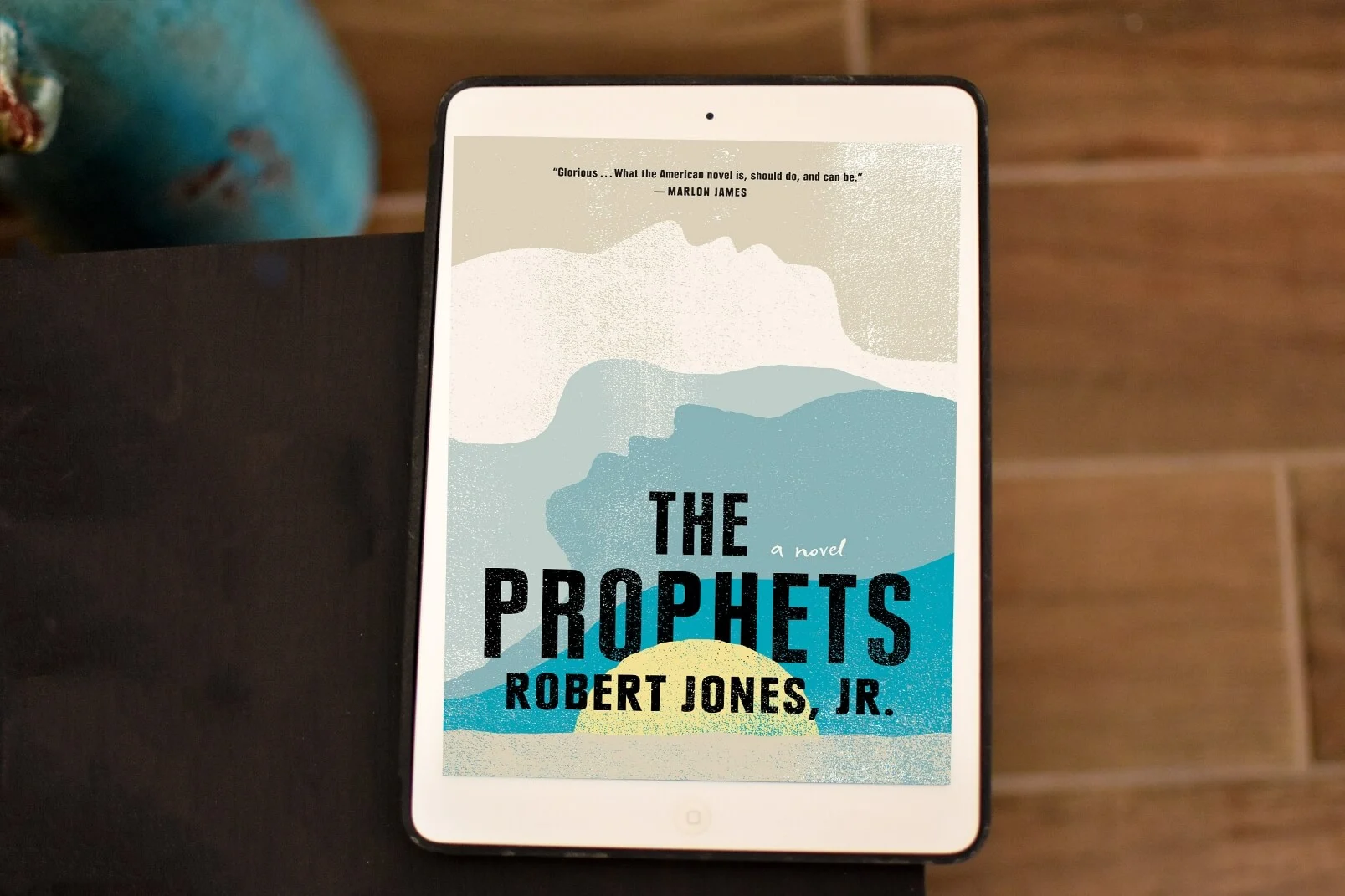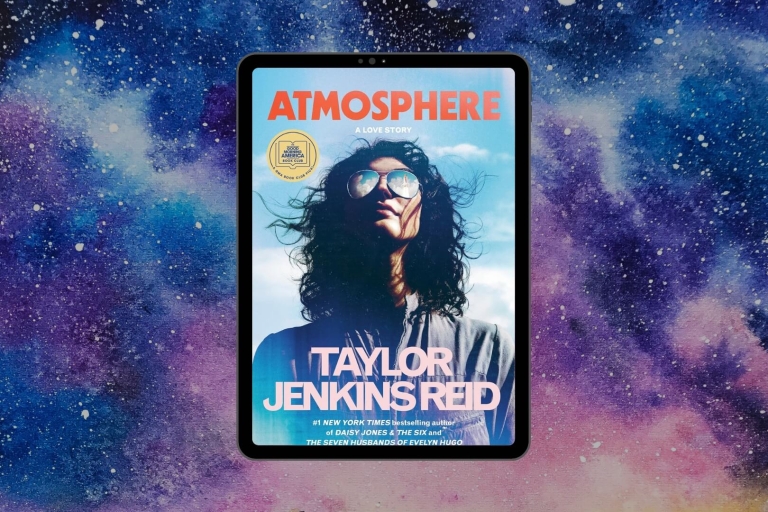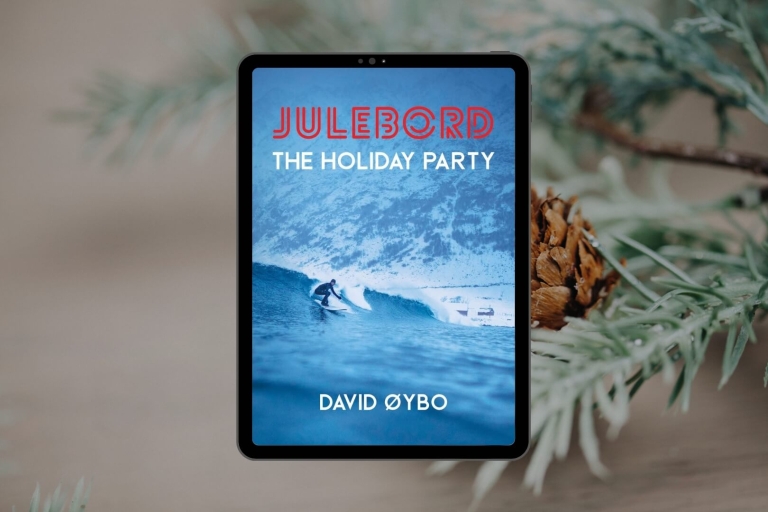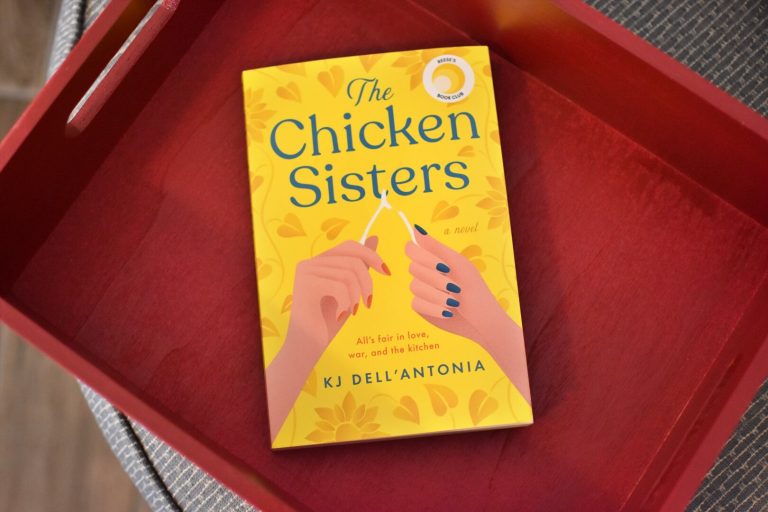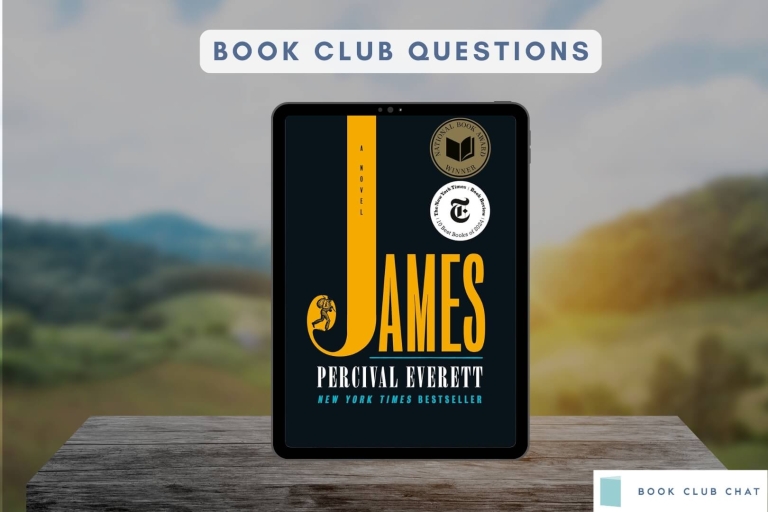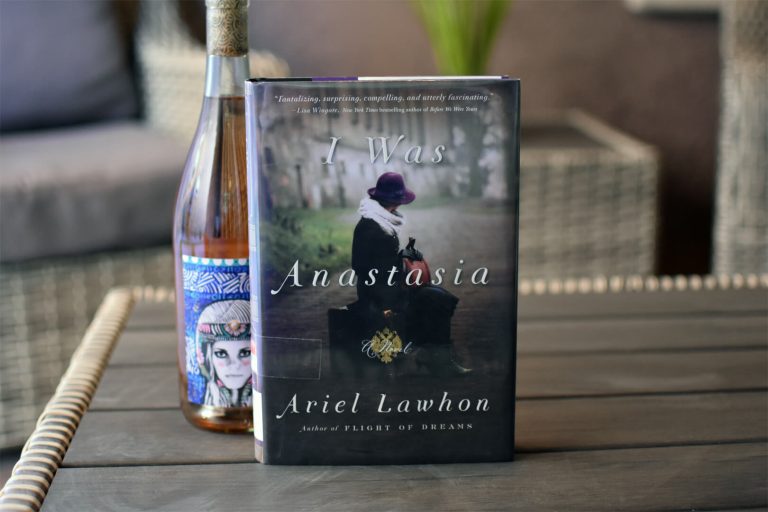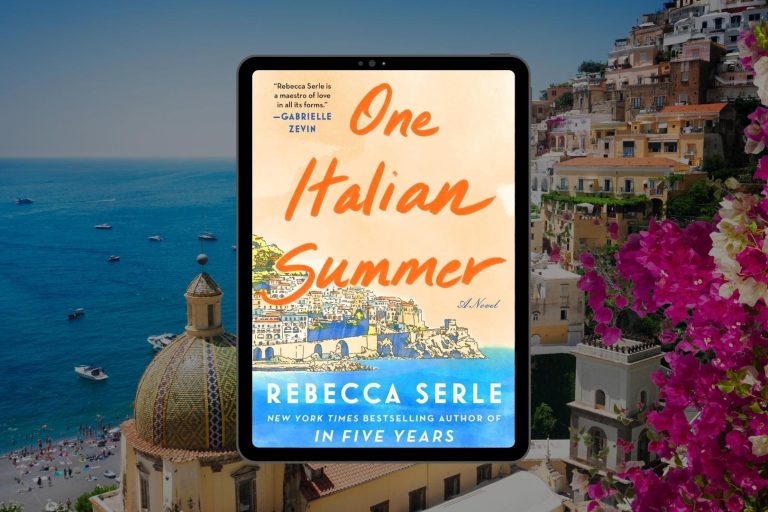Editorial note: I received a copy of The Prophets in exchange for a review. All opinions are my own.
The Prophets by Robert Jones, Jr. is a devastating novel about a forbidden relationship between two slaves on a Deep South plantation.
This book is probably the hardest one I’ve ever read regarding the subject matter. The author is up front and vivid with the descriptions of the horrors of slavery. I think many media, whether it’s books or film, tend to almost downplay the brutality of events—from slavery to the Holocaust. Just scary enough without going too far into the the actual crimes against humanity. That is not the case with The Prophets.
But the one bright spot in the novel is the relationship between the two enslaved men: Isaiah and Samuel. Despite all the pain and suffering, they still have each other.
The synopsis
Isaiah was Samuel’s and Samuel was Isaiah’s. That was the way it was since the beginning, and the way it was to be until the end. In the barn they tended to the animals, but also to each other, transforming the hollowed-out shed into a place of human refuge, a source of intimacy and hope in a world ruled by vicious masters. But when an older man—a fellow slave—seeks to gain favor by preaching the master’s gospel on the plantation, the enslaved begin to turn on their own. Isaiah and Samuel’s love, which was once so simple, is seen as sinful and a clear danger to the plantation’s harmony.
With a lyricism reminiscent of Toni Morrison, Robert Jones, Jr., fiercely summons the voices of slaver and enslaved alike, from Isaiah and Samuel to the calculating slave master to the long line of women that surround them, women who have carried the soul of the plantation on their shoulders. As tensions build and the weight of centuries—of ancestors and future generations to come—culminates in a climactic reckoning, The Prophets masterfully reveals the pain and suffering of inheritance, but is also shot through with hope, beauty, and truth, portraying the enormous, heroic power of love.
Characters
The Prophets isn’t told in exactly a linear way—it bounces from different perspectives at the plantation to ancestral African voices of the past. However, the love between Isaiah and Samuel really is the beating heart of this novel. But eventually, the enslaved began to turn on their own and Isaiah and Samuel have a target on their back for just being who they are.
We also read the perspectives of several of the women—all experiencing their own brutality and hardship. The men don’t believe these women should have any control over their own bodies and the constant assault is really hard to read.
All of this combines to a tragic and violent climax.
I think this novel is an important read but it’s also quite difficult. The writing is expectational and it will leave a lasting impact on you. Just be aware that the subject matter is very heavy.
Check out my book club questions here.
